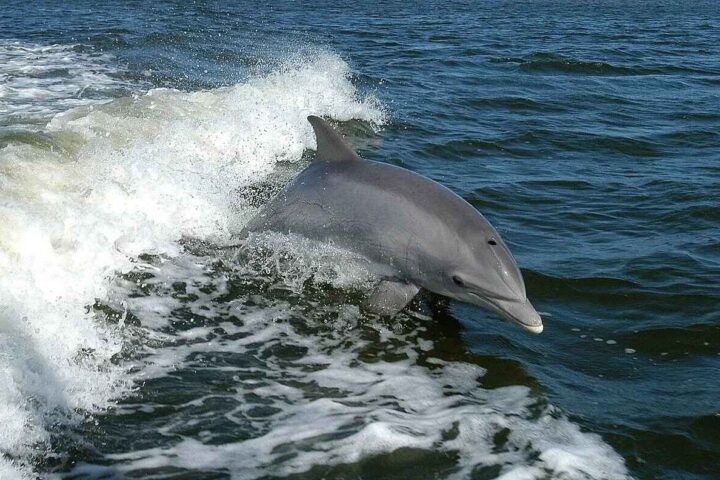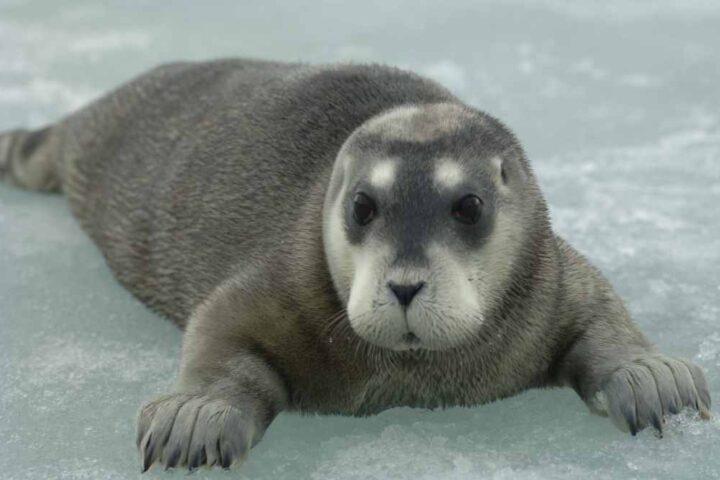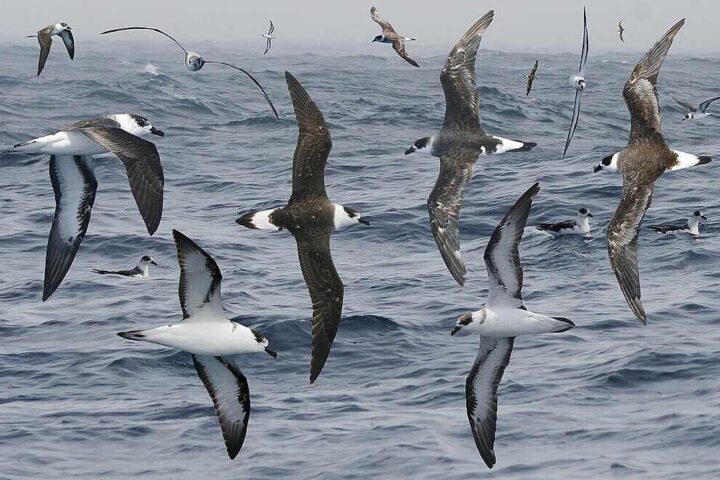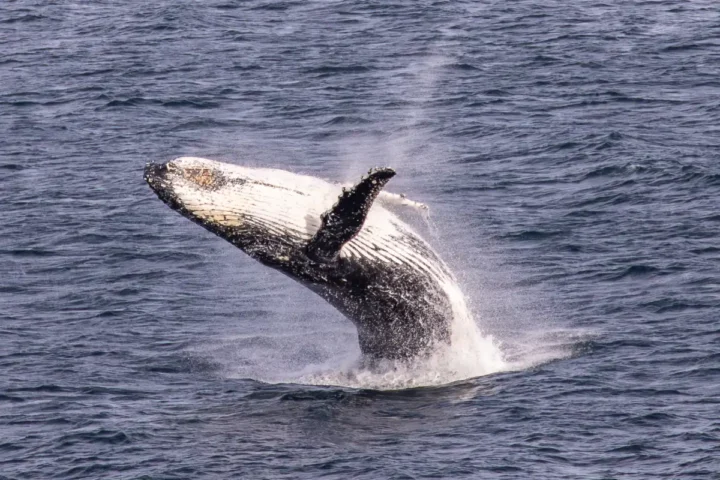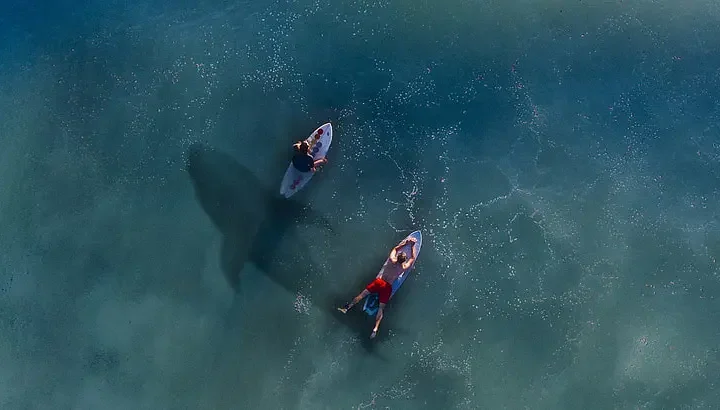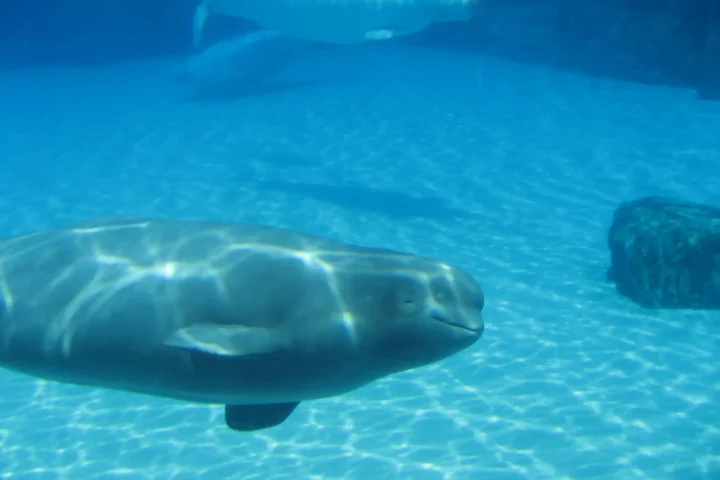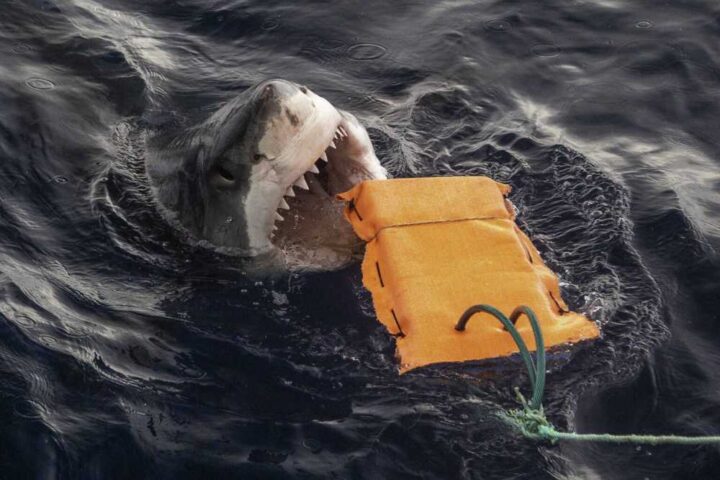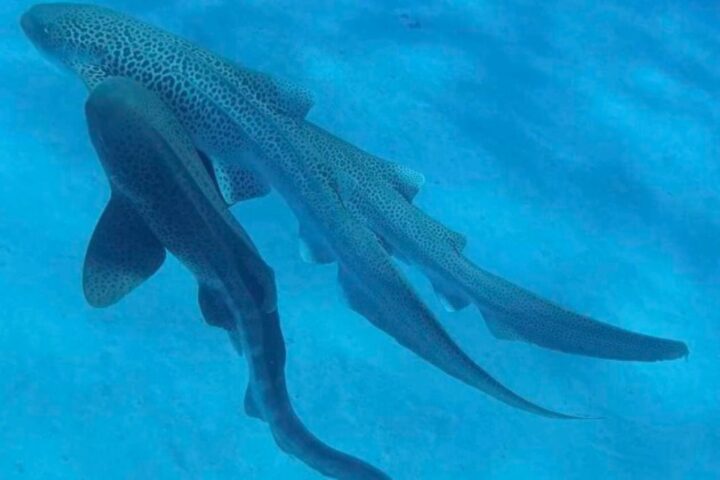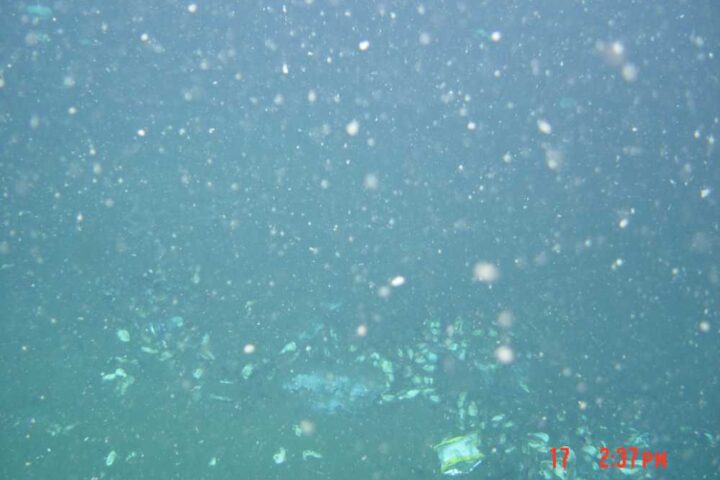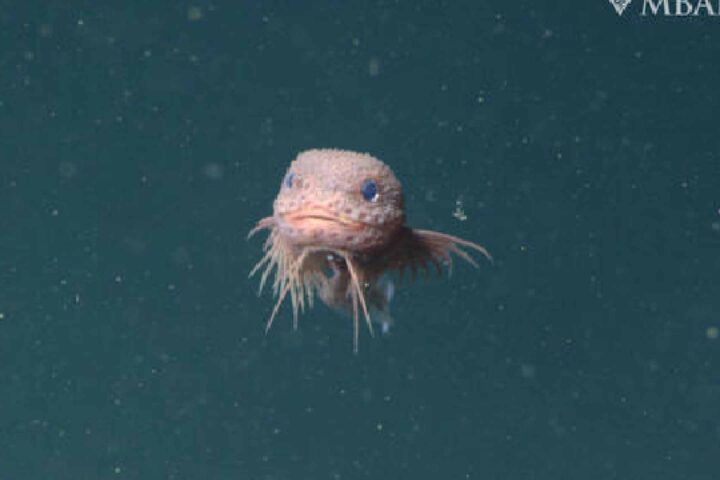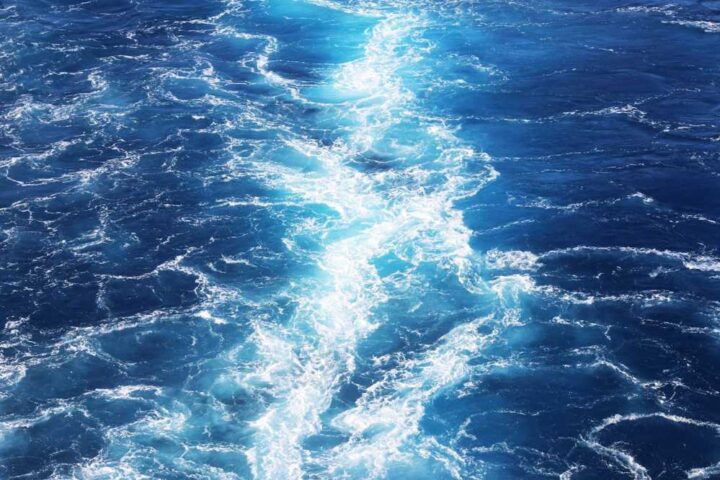Rising sea temperatures around the UK are creating new homes for several marine species, including sharks, according to recent scientific research. Experts predict certain shark species will become more common in British waters, while native oysters could also see a comeback.
Scientists from the Centre for Environment, Fisheries and Aquaculture Science (Cefas) have mapped how 19 threatened marine species will respond to climate change in UK seas by 2060. The results show a significant shift in marine habitats that could bring both opportunities and challenges.
“As an island nation we’re hugely reliant on the sea for our food and for jobs. Any changes that we see in our seas are particularly impactful,” explains Bryony Townhill, a marine scientist at Cefas.
UK waters have warmed dramatically in recent decades, with sea temperatures now among the top 20 fastest-rising globally over the past 50 years. This May, an intense heatwave pushed UK sea temperatures to 4 degrees Celsius above normal levels.
The world’s oceans have absorbed about 90% of the extra heat created by burning fossil fuels, driving these changes. Fishing communities are already noticing the effects, reporting more jellyfish near beaches and even Mediterranean octopuses in their nets.
The research, published in the journal Marine Biology, identifies several “winners” that could thrive in the warming waters. These include basking sharks, spurdog sharks (which can grow up to 1.6 meters long), and thornback rays. Mobile species generally adapt better to changing conditions than stationary creatures.
Similar Posts
Native oysters are another surprising potential beneficiary. Their suitable habitat is expected to double, despite having declined by around 95% in the UK since the 1900s.
“I didn’t expect that native oysters would do well,” admits Dr. John Pinnegar of Cefas. “Frankly they’ve been declining and disappearing for 100 years and yet the climate model suggests they should be doing fine and perhaps even thriving.”
However, not all marine life will benefit from warmer seas. The ocean quahog, a clam that can live for over 500 years (making it the world’s longest-living animal), is predicted to struggle with the changing conditions. Sea pens, small organisms that help build reefs, could lose up to 40% of their suitable habitat by the end of the century.
These changes could trigger ripple effects throughout the marine ecosystem. As species move to new areas, particularly parts of the North Sea that are predicted to become biodiversity hotspots in coming decades, entire food webs may be disrupted.
For UK beachgoers concerned about increased shark presence, it’s worth noting that most shark species found in UK waters pose little threat to humans. Basking sharks, one of the species predicted to benefit, are gentle filter feeders that eat plankton. The global number of unprovoked shark attacks fell to a 28-year low recently, with the risk of being killed by a shark estimated at one in 28 million.
The findings are expected to guide government policies on Marine Protected Areas (MPAs), which may need to be adapted as species change their habitats. Researchers stress that even species predicted to thrive will still need protection from other threats like fishing equipment, disease, and pollution.
“We’re not necessarily promising an increase in numbers,” cautions Dr. Pinnegar. “The seas still need to be managed carefully and other pressures reduced if the creatures are to thrive in new habitats.”
The warming of UK waters reflects broader climate trends affecting the country. A separate Met Office study published in the journal Weather shows that extreme air temperatures are becoming more likely. The chance of temperatures exceeding 40°C is now more than 20 times greater than in the 1960s, with a 50% chance of such extreme heat occurring within the next 12 years.

Britain experienced record-breaking temperatures above 40°C for the first time in July 2022, causing widespread disruption to transport and health services. Scientists from the World Weather Attribution group found that such intense heat would have been “almost impossible” without human-caused climate change.
As UK waters continue to warm, marine life will face ongoing adaptation challenges, with sharks among the species finding new opportunities in British seas.
![A male [[Great white shark]] off [[Isla Guadalupe]], [[Mexico]]. Along with many [[Mackerel scad|Mackarel scads]] seen in the background. Photo Source- Terry Goss (CC BY-SA 3.0)](https://www.karmactive.com/wp-content/uploads/2025/06/White_shark.jpg)



